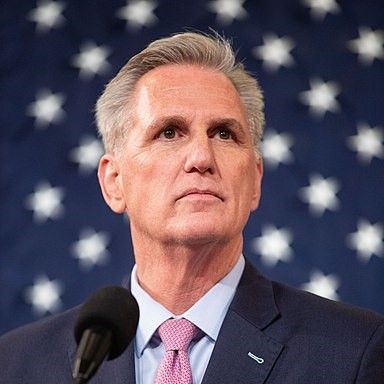
- Biden greenlights continuing resolution, ensuring government funding till November 17.
- House and Senate disagree over the 2024 budget for education spending.
- Leadership rift emerges with threats against GOP Speaker Kevin McCarthy over his bipartisan tactics.
A Temporary Fix
This past weekend, the Senate passed a continuing resolution, which President Biden signed into law, extending the government's budget till mid-November. This provides a buffer for Congress to settle the ongoing disagreements about the fiscal allocations for 2024.
Debate Over Education Spending
Congress isn't just battling with budget numbers; they're wrestling with internal politics. There's a discernible divide in how funds should be allocated for Labor-HHS-Education bills. The House's suggestion from July aimed to decrease the education budget significantly. Their proposition designated $67.4 billion for the Education Department (ED) – a noteworthy drop from both 2023's figures and the president's desired amount.
On the other hand, the Senate is leaning towards a more generous allocation. Their bipartisan consensus agreed on $79.6 billion for ED.
Leadership Tensions in the GOP
House Speaker Kevin McCarthy

If somebody wants to make a motion against me, bring it. There has to be an adult in the room. I am going to govern with what’s best for this country.
It's not just the numbers causing unrest. The political maneuvers behind the scenes are equally significant. The House's decision to pass the continuing resolution, backed by Democratic votes, has caused strife within GOP ranks. Some hardline GOP members are considering replacing their current Speaker, Kevin McCarthy, for this bipartisan approach.
On Monday Rep. Matt Gaetz of Florida filed a bid to oust the speaker.